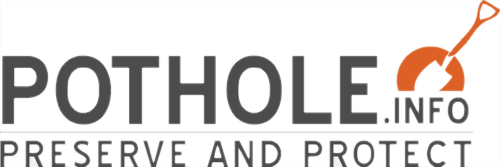On May 5, 2015 voters in the state of Michigan will have the opportunity to raise their taxes – all in the interest of better roads, bridges and public transport. And unlike most referenda that fail at this, advocates for the measure believe this may be the exception.
Proposal 1 is a binding vote to amend the state constitution, adding $1.25 billion per year for state and local road maintenance and $116 million annually for mass transit. Additional money would go to schools and cities. The money would be raised with a new 22.7-cents-per-gallon gas tax (and 26.7 cpg for diesel) while eliminating an existing 6 percent sales tax – which, it should be noted, currently rises and falls on volatile gas prices. The per-gallon revenues are not subject to those price fluctuations.
So why might this proposed cost increase at the pump generate voter support? Monica Ware, communications and development manager with the County Road Association of Michigan (CRAM) shared her thoughts with Pothole.info. She says that voter education efforts are important. An key message in creating that awareness includes emphasizing how that money stays local, not sent to Washington D.C. nor Lansing, Michigan the state capital. Voters see the condition of their roads, know how important they are and understand that maintenance requires money.
“Local roads matter to business and economic development, to schools, to emergency response times and public safety, to seniors, to healthcare, to families, to agriculture, to tourism, to revitalization, to the economy, to every Michigan resident,” says the CRAM referendum campaign website. “As we consider the significant financial issues facing our state, it is critical that Michigan have not just a strong set of major trunk lines, but also a vital local road and bridge network in order to thrive economically.”
“Local roads are at risk,” continues the statement. “In every corner of the state roads and bridges are falling further into a state of disrepair as local officials struggle to make ends meet amid growing demand for services and decreased revenue. If something isn’t done to remedy this now, the costs will continue to rise and the state economy will suffer.”




